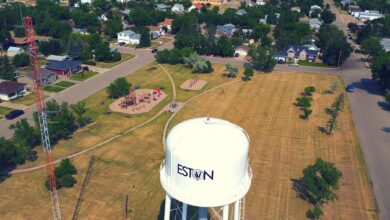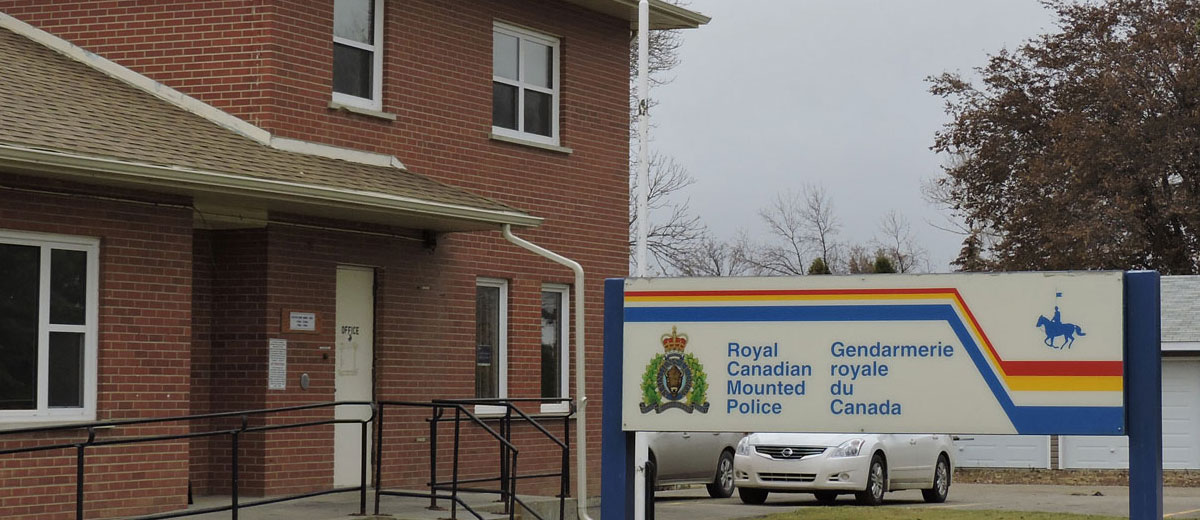
Students Discover EpiPens Don’t Work in Space
A team of gifted Canadian elementary school students have made a groundbreaking discovery: EpiPens do not work in space. The group, consisting of several fourth to sixth-grade students from St. Brother Andre Elementary School in Ottawa, are part of NASA’s “Cubes in Space” initiative–the program enables children and teenagers from around the world to launch experiments aboard NASA rockets. For their experiment, the group of students between the ages of nine and 11 focused on the EpiPen, a common medical tool used to reverse the effects of life-threatening allergies.
The students’ goal was to determine whether an EpiPen would work in space. The students took samples of epinephrine, the active ingredient in EpiPens, and placed them in tiny cubes, which were then sent on board a NASA rocket and balloon. The cubes’ contents were brought to a lab at the University of Ottawa once they returned to Earth.
The team made a stunning discovery: the epinephrine no longer functioned. In fact, part of the sample became toxic in space. “The epinephrine came back only 87 per cent epinephrine,” explained student Isaiah Falconer. “The other 13 per cent was converted into benzoic acid, which at that quantity was highly poisonous.” The results validated the children’s hypothesis and has prompted questions about potential risks for astronauts with severe allergies.
The team’s teacher, Deborah Quail-Blier, expressed disbelief at the results and shared her class is preparing to travel to Virginia in June to share their findings with NASA. They are also looking forward to pursuing careers in science. Student Benjamin Sum, for example, aims to build rockets when he grows up and is relying on his experience in this NASA experiment.








































